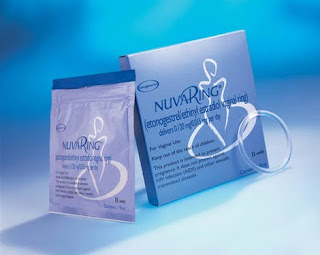Anal Intercourse Can Lead To Anogenital Warts

What are anogenital warts or condylomata acuminata?
What causes anogenital warts?
How do you get anogenital warts?
What is the incubation period of an infection?
Do we have to see a physician?
It's recommended that men and women who practice anal intercourseundergo periodical preventive examinations of the anal canal, as anogenital warts only develop in the anal canal and don't cause problems for a long time.
Women also have to undergo the examination of the vagina and the cervix. It's recommended that homosexual men undergo preventive examinations once every three years, and in case of problems with the anus (itching, bleeding, diarrhoea and similar).
It's recommended that people who have weak or damaged immune system (HIV positive patients and people after the transplantation of an organ), which enables anogenital warts to occur more often and which makes the treatment longer and more difficult, undergo a preventive examination once a year.
Anogenital warts are a sexually transmitted disease, so it's good if both partners undergo an examination, and it's also recommended that they undergo tests for potential infections with syphilis, hepatitis B and C and HIV.

How does the treatment look like?
The treatment aims to remove the symptoms. Larger anogenital warts have to be removed surgically because some rare forms are also malign, which may cause cancer of the cervix, the anal canal, throat, the penis and the vagina.
For milder forms of anogenital warts, Podophyllin has been used or freezing with liquid nitrogen. Because the disease tends to recur, monthly check-ups are necessary. For the most severe forms of anogenital warts, Imiquimod (Aldora) has been used.
Treatment for the sexually transmitted anogenital warts - condylomata acuminata - is long-term and difficult. It's important to reduce to the minimum the possibility of infection and passing it on to the partner. Therefore, prevention(safe anal sex) is of key importance.
 RSS Feed
RSS Feed Twitter
Twitter

